Associate Professor Dr. Hoang Anh Tuan said that the fact that his group’s scientific articles were withdrawn from international journals greatly affected his reputation and career. He choked up when sharing about this issue.
Article retracted due to change of author's name
A group of Vietnamese scientists had three scientific articles retracted by Fuel Magazine, a publisher of Elsevier. The articles were published between March and May 2022.
All three articles were co-authored by a group of foreign and Vietnamese authors. The Vietnamese authors include: Dao Nam Cao, Thanh Hai Truong, Anh Tuan Le, Anh Tuan Hoang (1); Xuan Phuong Nguyen; Van Vang Le; Anh Tuan Hoang (2); Anh Tuan Hoang, Xuan Phuong Nguyen (3).
The reason for the withdrawal of the articles was due to changes in authorship made during the editing process. Specifically, in the first article, the publisher said that one author was removed in the revision stage even though he was already an author when submitting the article, two authors were added in the revision stage (Thanh Hai Truong and Anh Tuan Le). In article number 2, there was a change in authorship in the second revision. One author was removed and author Van Vang Le was added. In article number 3, there was a change in authorship in both revisions. Two authors were removed in the first revision, authors Van Tam Bui and Xuan Phuong Nguyen were added in the same stage. This violated the journal's copyright policy.
What do insiders say?
Associate Professor Dr. Hoang Anh Tuan is the author of all three retracted articles. Sharing with VietNamNet reporter , Mr. Tuan said that the retracted articles were published before he was invited by Elsevier Publishing House to be the editor-in-chief of Fuel magazine (Mr. Tuan was the editor-in-chief of Fuel magazine from December 2022 to March 2023) in charge of the Asia- Pacific region.

Before the article was withdrawn, the Elsevier Ethics Committee sent a letter to his team asking for clarification on issues such as: Why did he cite his own article, What was his relationship with the editor, Why was there a change in the author's name during the revision rounds.
The authors clearly explained that: Citing their own articles because it is related to their expertise and makes the scientific evidence clearer; All authors have no connection with the editors and the assignment is by the editors appointed by Fuel magazine; The change of authors is based on the contributions of the authors, during the editing process, the group asked for the professional contributions of new people, and some authors could not continue to contribute to the article so they asked to withdraw their names from the work.
“This is completely consistent with ethical standards in scientific research,” said Mr. Tuan. However, his group’s explanations were not accepted by the publishing house and the article was still withdrawn. According to Mr. Tuan, the withdrawal of the article by Fuel magazine was completely emotional. His group sent a letter to the Ethics Committee and the Director of Elsevier to strongly protest this issue.
Mr. Tuan said that publishers such as Springer, Taylor & Francis, ACS… always require all authors to sign an agreement and send it to the journal if there is any change of author. When the reasons for the change of author are approved, the article will be sent for review and can be accepted for publication. Changing the author name is a technical error and it must be checked by the journal and publisher. However, Elsevier did not do so.
“I dare to admit my shortcomings in doing science to improve myself. I want to share my practical experiences so that new scientists do not make mistakes in the publishing process. These articles are the result of our serious research and brainpower. We went to the Indian internal combustion engine laboratory to conduct the research together,” said Mr. Tuan.
"The retraction of the article greatly affects my reputation," Mr. Tuan choked up, and hoped that the Vietnamese scientific community would propose solutions to protect Vietnamese authors when they are treated unfairly and in a non-transparent manner by publishers.
| The articles published in the period from March to May 2022, which have just been withdrawn, are: Combustion and emission behaviors of dual-fuel premixed charge compression ignition engine powered with n-pentanol and blend of diesel/waste tire oil included nanoparticles (1); Exploration over combined impacts of modified piston bowl geometry and tert-butyl hydroquinone additive-included biodiesel/diesel blend on diesel engine behaviors (2); Optimization of variable compression ratio diesel engine fueled with Zinc oxide nanoparticles and biodiesel emulsion using response surface methodology (3). |
| Associate Professor Dr. Hoang Anh Tuan used to work at Ho Chi Minh City University of Technology, then moved to become Vice Principal of Dong A University. Due to plans to participate in teaching and cooperate on projects with Europe for a long time, Mr. Tuan resigned from Dong A University in early September. He has many in-depth studies on alternative fuels, renewable energy, internal combustion engines and decarbonization strategies. |
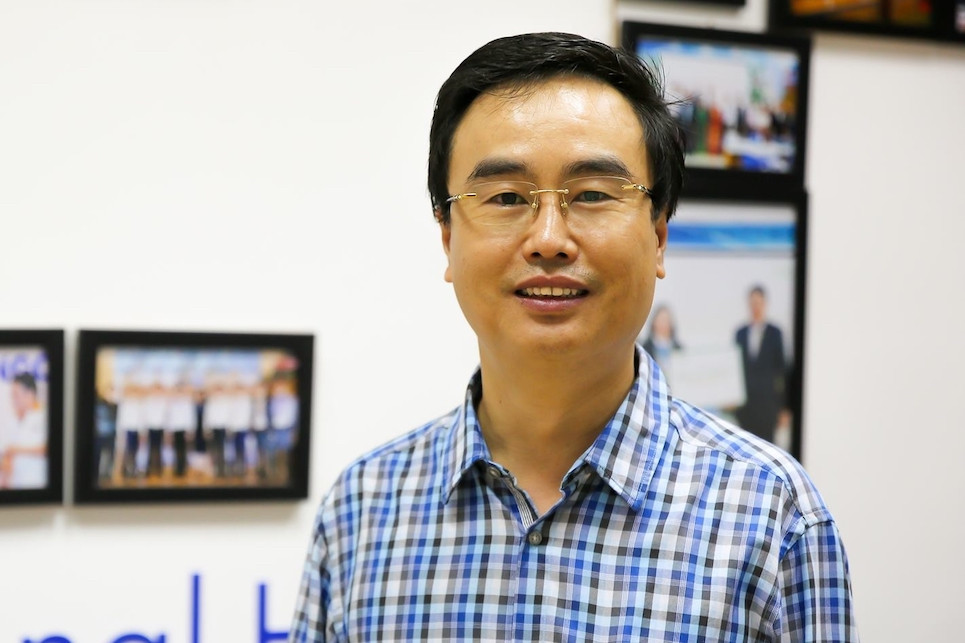
Professors in the top 1% of most cited papers must 'seriously learn from their mistakes'
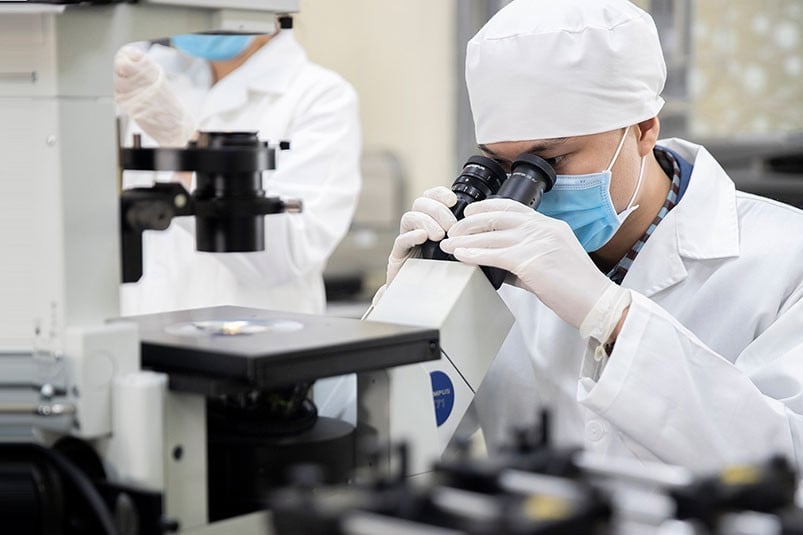
Vietnam has 9 people in the group of 10,000 most influential scientists in the world.
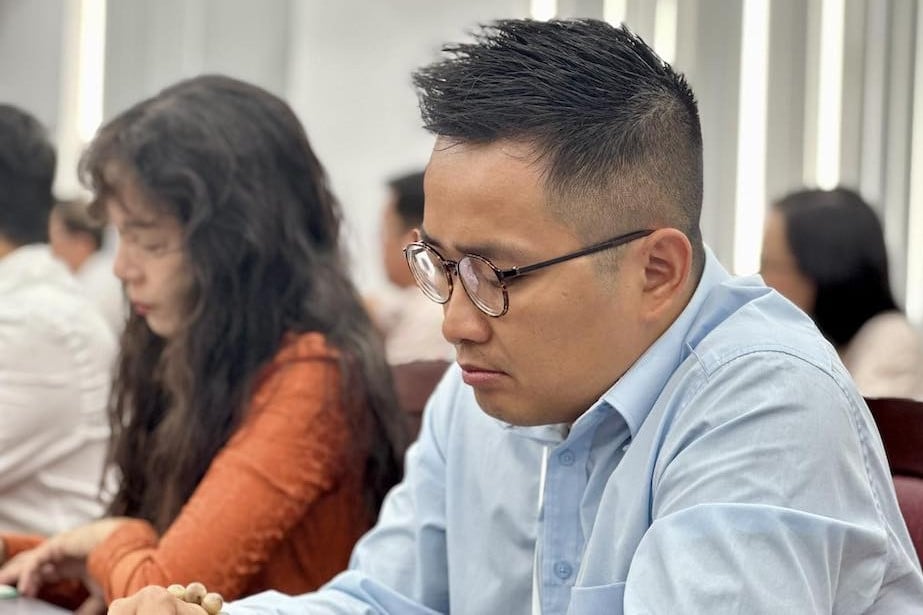
Scientists at Ho Chi Minh City National University are granted research funding of up to 30 billion VND.
Source: https://vietnamnet.vn/bi-rut-3-bai-bao-tren-tap-chi-khoa-hoc-quoc-te-pho-giao-su-nghen-ngao-2334335.html


![[Photo] The 1st Congress of Phu Tho Provincial Party Committee, term 2025-2030](https://vphoto.vietnam.vn/thumb/1200x675/vietnam/resource/IMAGE/2025/9/30/1507da06216649bba8a1ce6251816820)
![[Photo] Solemn opening of the 12th Military Party Congress for the 2025-2030 term](https://vphoto.vietnam.vn/thumb/1200x675/vietnam/resource/IMAGE/2025/9/30/2cd383b3130d41a1a4b5ace0d5eb989d)

![[Photo] General Secretary To Lam receives US Ambassador to Vietnam Marc Knapper](https://vphoto.vietnam.vn/thumb/1200x675/vietnam/resource/IMAGE/2025/9/29/c8fd0761aa184da7814aee57d87c49b3)

![[Photo] General Secretary To Lam, Secretary of the Central Military Commission attends the 12th Party Congress of the Army](https://vphoto.vietnam.vn/thumb/1200x675/vietnam/resource/IMAGE/2025/9/30/9b63aaa37ddb472ead84e3870a8ae825)
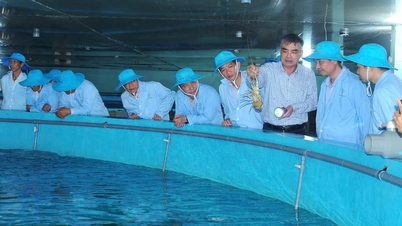












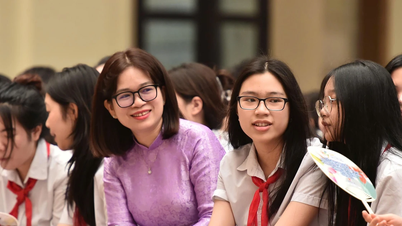













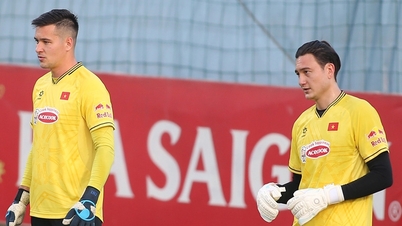
![[Photo] General Secretary To Lam attends the ceremony to celebrate the 80th anniversary of the post and telecommunications sector and the 66th anniversary of the science and technology sector.](https://vphoto.vietnam.vn/thumb/1200x675/vietnam/resource/IMAGE/2025/9/29/8e86b39b8fe44121a2b14a031f4cef46)


























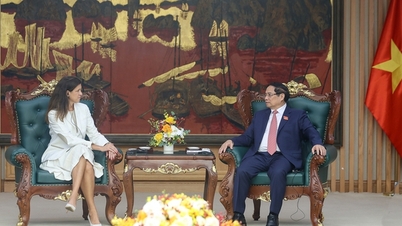
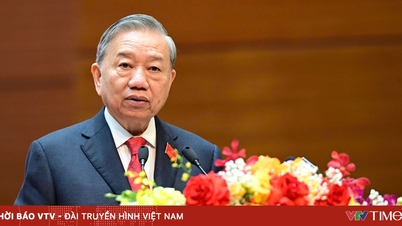

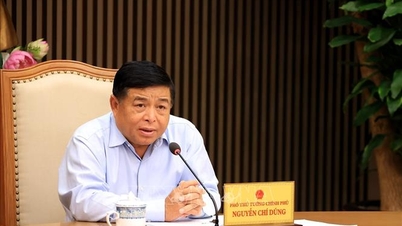

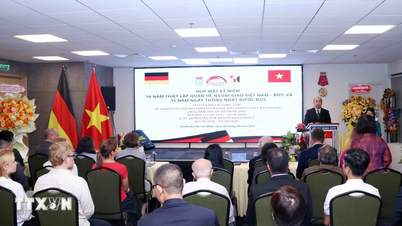
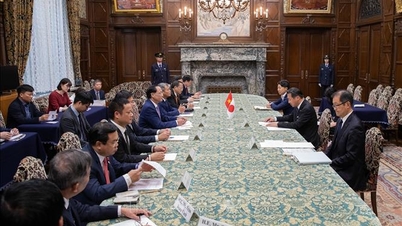


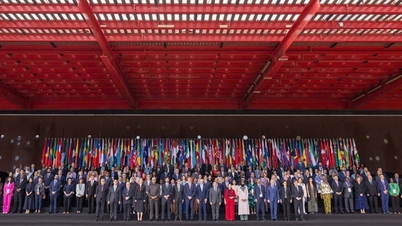
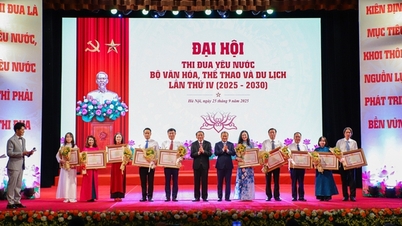




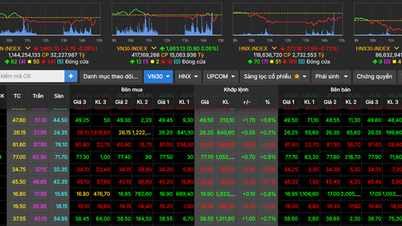

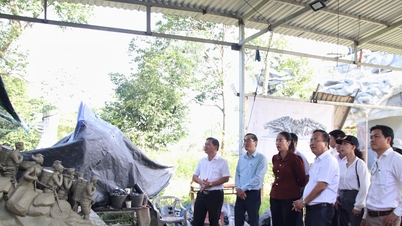

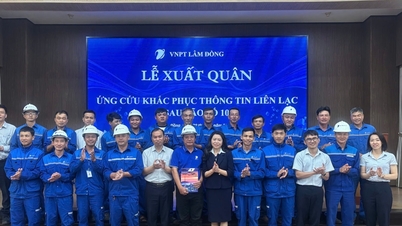

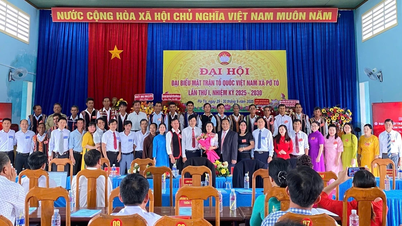

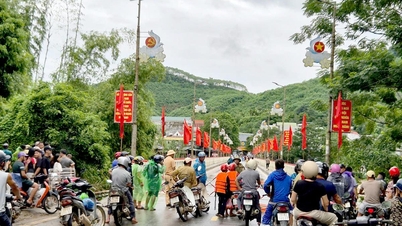
















Comment (0)